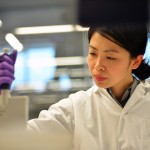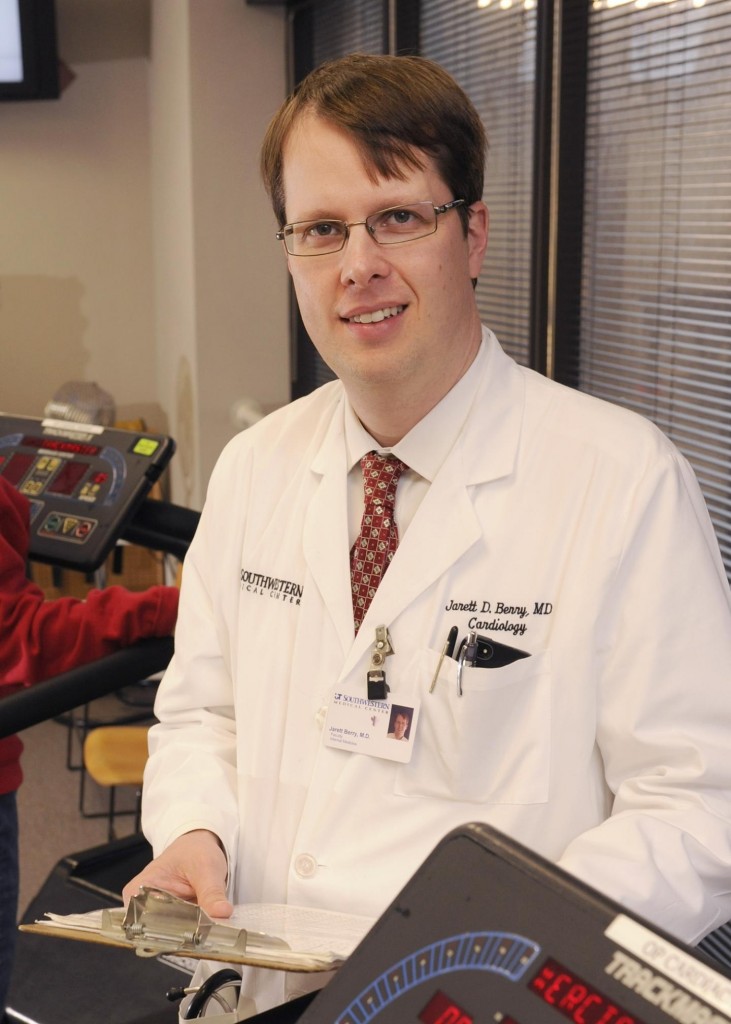Common Diabetes Drug May Help Prevent Liver Cancer
A drug widely used to treat Type II diabetes, may help to prevent primary liver cancer, researchers at the University of Maryland Marlene and Stewart Greenebaum Cancer Center report in the April 2012 issue of Cancer Prevention Research.
CSPI Downgrades Sucralose from “Caution” to “Avoid”
The Center for Science in the Public Interest has downgraded it's safety rating of the artificial sweetener sucralose for the second time in 3...
Ohio State Scientists Bake Heart Healthy Soy Bread
A team of scientists at The Ohio State University has somethin' in the oven: the first soy bread that's both good for your heart and easy on the taste buds, too.
Study: Diabetes and Cancer; Protein Frequently Mutated in Cancer Has a Surprising Alter-Ego
A study published by Nature has defined the function of p110 alpha, the flag-ship molecule of the eight member PI3K family, which is one of the most frequently activated pathways in cancer.
Cooking Sweet Corn Boosts its Ability to Fight Cancer and Heart Disease
Hurrah for hominy. Cooking sweet corn, whether you cream it, steam it or keep it on the cob, unleashes beneficial nutrients that can substantially reduce the chance of heart disease and cancer.
Common Chemicals Linked to Rising Diabetes, Obesity and more
A scientific statement on endocrine-disrupting chemicals finds that they are so common that nearly every person on Earth has been exposed. Emerging evidence ties endocrine-disrupting...
FDA’s Safety Announcement on the Use of Actos, Medical Societies Respond
Diabetes leaders are responding to the announcement made by the FDA that the use of the diabetes medication Actos (pioglitazone) for more than one year may be associated with an increased risk of bladder cancer.
New Diet-Cancer Research Shows Variety to be Key to Cancer Prevention
Researchers studying the diet-cancer link are devoting a new level of scientific attention to a dietary factor that many people take for granted - variety.
Pancreatic Cancer Risk Higher In Newly Diagnosed Diabetes Patients 50 And Older; Findings Offer...
1 in 120 people newly diagnosed with diabetes age 50 and older have a higher risk of developing pancreatic cancer--a risk that is eight times more than expected for the general population.
Japanese Adults With Diabetes Have Increased Cancer Risk
Japanese adults with diabetes may have a higher risk of cancer overall and in several specific organs, including the liver, pancreas and kidney, according to results of a large study.
Diabetes May Double Cancer Risk in Women
A new study finds that type 2 adult-onset diabetes has a surprisingly positive effect on reducing the rate of prostate cancer in men, but may double the risk of female genital and other cancers.
Diabetics with Cancer: Get Your Act Together or Sugar Levels Will Kill You Before...
Diabetics are at a higher risk of getting cancer and uncontrolled high blood sugar is more likely to kill them and impairs their immune...
Loss of Stem Cells Correlates with Premature Aging in Animal Study
Researchers found that deleting a gene important in embryo development leads to premature aging and loss of stem cell reservoirs in adult mice. This gene, ATR, is essential for the body's response to damaged DNA.
No Good Evidence That Cholesterol Drugs Lower Melanoma Risk
No clear evidence exists that some widely-prescribed cholesterol-lowering drugs can decrease the risk of melanoma, a deadly and malignant skin cancer, according to a new review of recent studies.
Moderate Physical Activity Is Critical For Reducing The Risk Of Chronic Disease In Older...
Getting regular, moderate-intensity exercise may be critically important for postmenopausal women who want to reduce their risk of cancer, heart disease and other chronic diseases.
Drugs Commonly Used for Erectile Dysfunction Allowed More Chemotherapy to Reach Brain Tumors
Researchers found that medications commonly prescribed for erectile dysfunction opened a mechanism called the blood-brain tumor barrier and increased delivery of cancer-fighting drugs to malignant brain tumors.








